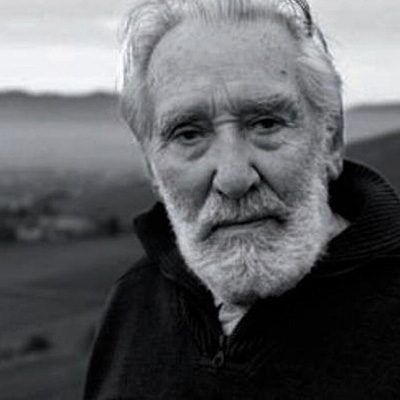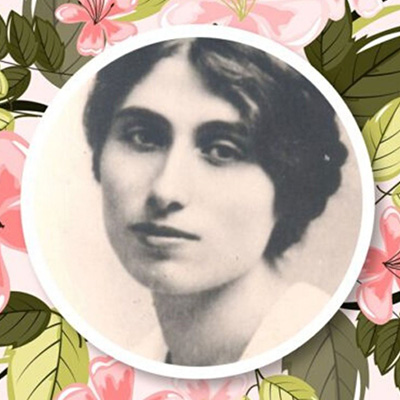A voice to give life to the history and beauty of the Veneto territory.
Pino Costalunga’s work has always been characterised by continuous research and attention to the small world around him. Here, then, that even in the readings he proposes (often accompanied by excellent musicians) we find a careful look at the land where he was born and lives: Veneto. His narratives cannot miss the authors and voices of Veneto: often a side look to find those surprises that the direct glance rarely knows how to give.
Veneto of the two wars
Two shows are dedicated to a great Venetian author of the beginning of the twentieth century who had a transversal look for the times in which he lived: Giovanni Comisso who was recognised as a master by Goffredo Parise. Writer and journalist, Pino Costalunga dedicates two shows to him:
‘Il Veneto Felice’, with readings from ‘La Mia Casa di Campagna’, offers an image of a Veneto province suspended between the two wars. Among stories of friendship and love, here is the description of an ancient, beautiful countryside.
‘Giorni di Guerra ‘(Days of War), on the other hand, is Comisso’s account of the First World War as seen by a ‘soldier’. The text of the show does not only reliey on the omonymous novel by the Treviso born author, but also on the letters sent to his mother from the front, many of them unpublished and edited by the historian Luigi Urettini.
‘C’era una volta un’isola’ (Once Upon a Time on an Island) is another trip to the Campagna Veneta of Pino Costalunga between the two wars and post-war period, with amusing stories of great poetic stature. The text is taken from the homonymous collection of stories by the writer from Vicenza Pino Sbalchiero. ‘La natura ‘di Mario Rigoni Stern, a journey through the landscape and the man of the great writer from Asiago. In ‘Viaggio in Italia da Guido Piovene ai giorni nostri’ (Journey in Italy from Guido Piovene to the present day), Pino Costalunga will start from the homonymous collection of radio articles of the 1950s by the great journalist from Vicenza. He then goes on to describe the contemporary Veneto by proposing the voices of today’s Veneto authors: from Vitaliano Trevisan to Fabio Franzin.
Poetry, music and comedy
Veneto in verse is a path in the great Veneto poetry, through the voices of authors. These include the Venetian Giacomo Noventa or Mario Stefani, the Treviso born Ernesto Calzavara or Andrea Zanzotto, Berto Barabarani from Verona and Fernando Bandini from Vicenza. There will also be poets from the Veneto area who have written in Italian, such as Diego Valeri or Davide Maria Turoldo. The world of poetry, and not only, also overlooks the proposal for the reading/performance entitled ‘L’altro mondo di Dante e non solo’. In this proposal Pino Costalunga, accompanied by a musician, starting from passages from Dante, proposes other hells and other literary journeys into the beyond.
‘Storie di Laura Lattes’ is the story of a teacher and writer of Jewish origin, who was born in Venice and lived in Vicenza, but was forced to hide and leave school after the racial laws enacted by Fascism in Italy. The list ends with ‘Sghignazzi italiani… d’autore’ (Italian snickers… by authors), a journey through irony and comedy in literature, with authors from Veneto and elsewhere. A way of saying: poetry and great literature can also be made by laughing.



